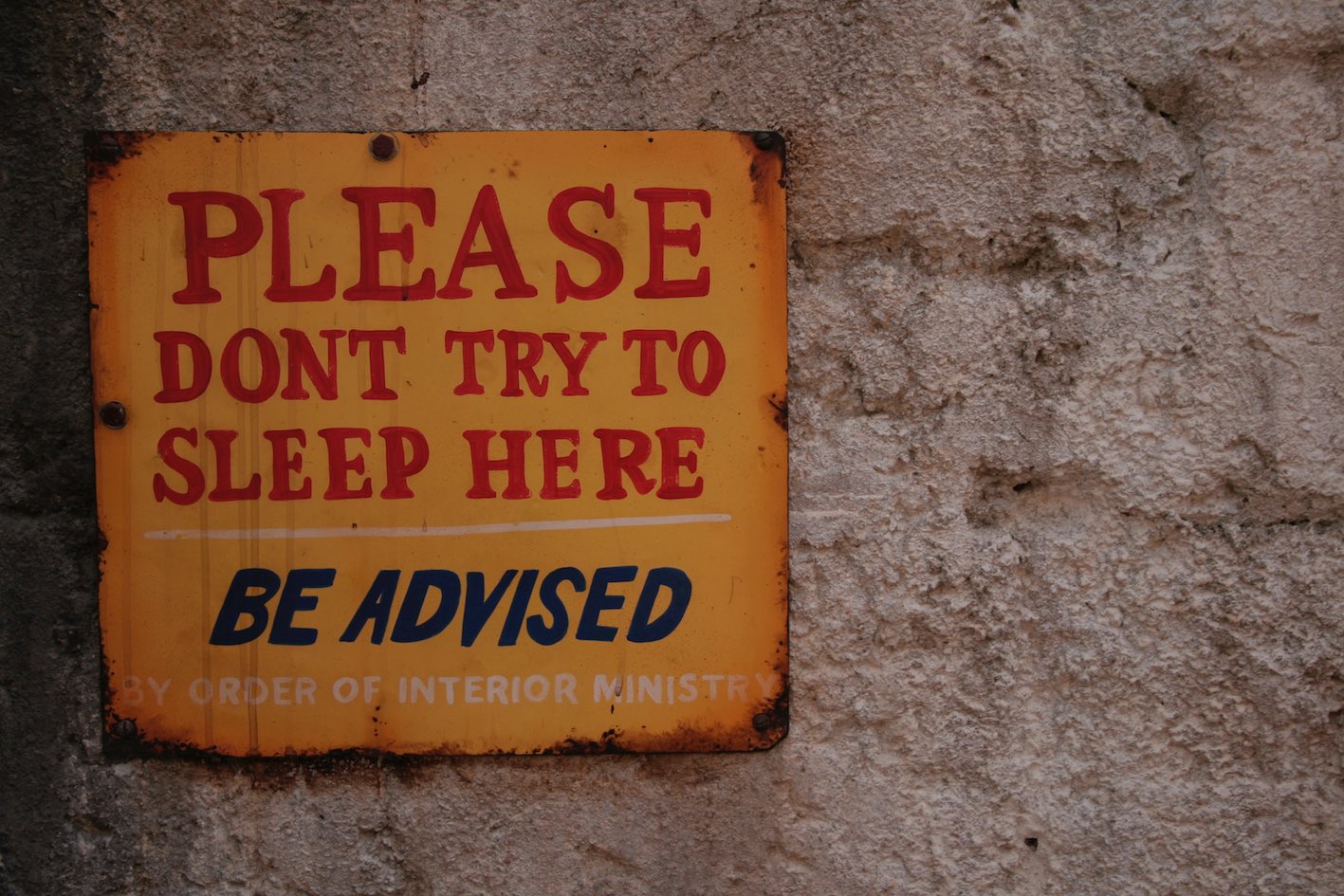Orchestra Etiquette

Orchestra Etiquette
(or How We Try To Make Sure That Everyone Has A Good Time)
We try not to have any hard and fast rules – but the points below are our attempt to make sure that everyone enjoys their time at orchestra and that we all make progress together.
Arrive on time
Please try to arrive promptly giving enough time to help set up the room, say hello to people, prepare your instrument, warm up, get your music on the stand and finish tuning before the official start of the rehearsal at 7:45pm.
We understand that this is not always possible given work commitments, family commitments, traffic etc. but please try to allow enough time. The rehearsal room is booked from 7:30pm to enable this to happen.
If you do arrive late, no-one is going to criticise you as we understand how busy people can be – but remember we’re a team – we miss you if you’re not there.
So yes, the orchestra really is a team activity. It’s hard for us to progress if we do not know from week to week who is going to be there. Our musical director’s rehearsal plans can be quite disrupted if we only find out on the night that a section has no players.
Please let us know in advance if you can’t make a rehearsal, and please ensure that you attend all rehearsals in the run up to a concert. We understand that this is not always possible, but please try to let us know as early as possible if work, family or illness mean you can’t make a rehearsal.
Bring a pencil – and know how to use it
This one is really important. Throughout rehearsals there may be many things that need to be noted on the music – string bowings, woodwind breaths, phrasing, articulation, cuts to written music, repeats not to follow, key changes, and many more.
These need to be marked on the music with a soft (ideally 2B) pencil. The pencil should be with you during rehearsal without the need to get up and rummage through your instrument case.
Tuning up
Tuning up is important for any orchestra. Here’s how we do it:
- An oboist starts sounds an ‘A’ – stop what you are doing, be quiet and listen.
- Give the oboist time to get a steady ‘A’ before starting to play.
- The string section will then tune.
- The ‘A’ will be sounded again.
- The woodwind and brass will then tune.
From the start of the process to the end – please don’t talk, move around, shuffle music or start practising one of the pieces. Sometimes we will tune, start rehearsal for a few minutes and then tune again once fully warmed up.
Talking
It’s good to talk. But not so good when someone’s having their first attempt at that tricky solo. Please try and keep chat to a minimum and keep social conversation to before and after rehearsal.
Listening
Listening is one of the most important musical skills. Here are three types of listening to think about. Firstly, making music in an orchestra is a group activity, so when playing please listen closely and respond to how other players are playing.
Secondly, please listen to the conductor. Make pencil notes as required (as you really won’t remember everything) and even if the conductor is curently working with one section be aware of what is going on as you may be next!
Thirdly, if you listen to another player or section and like what you hear then why not tell them? Everyone responds well to some constructive feedback and encouragement.
Have fun!
So – you have read this far through this article and by now you may have got the impression that we are a bunch of humour-free control freaks. Not at all! We have a lot of fun and the points above are just designed so that the fun gets shared around.
Mailing list
Information about upcoming concerts and openings within the orchestra delivered to your inbox.
